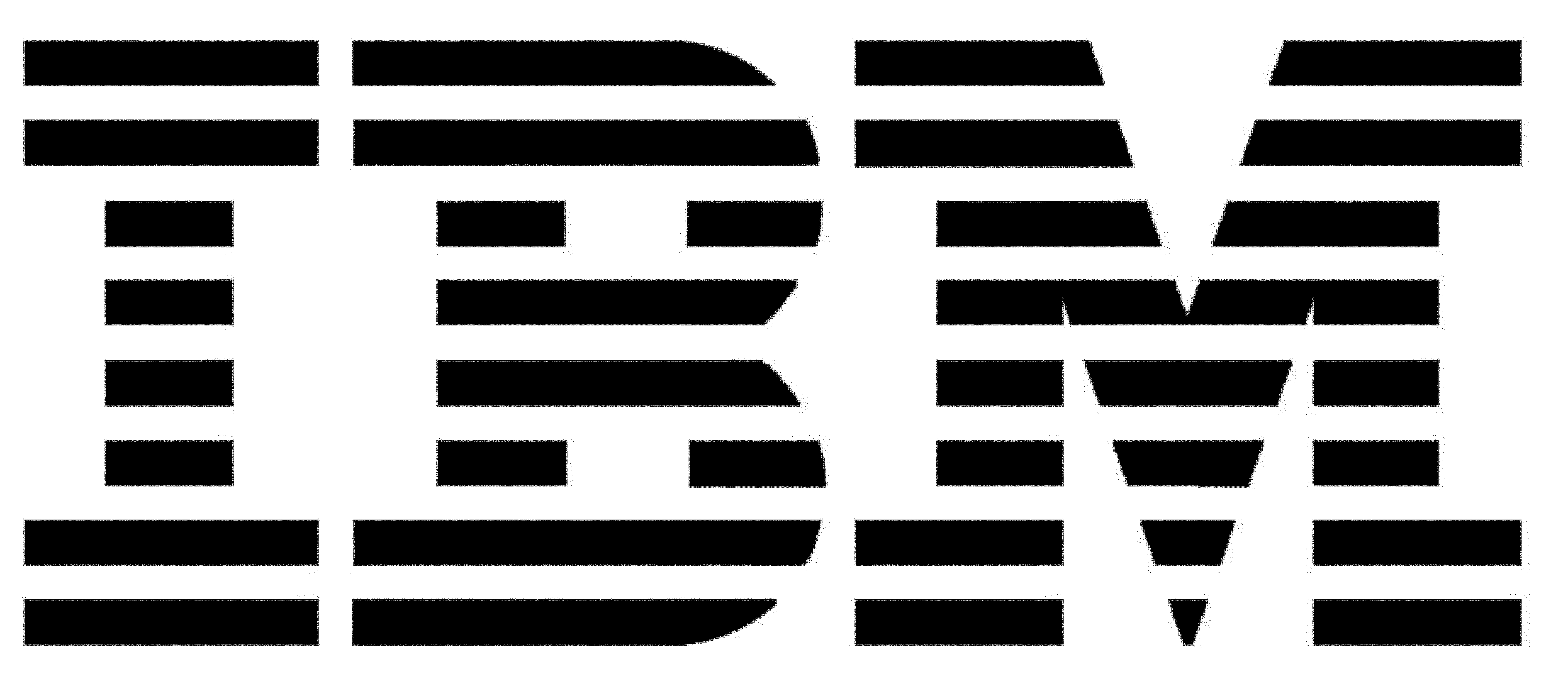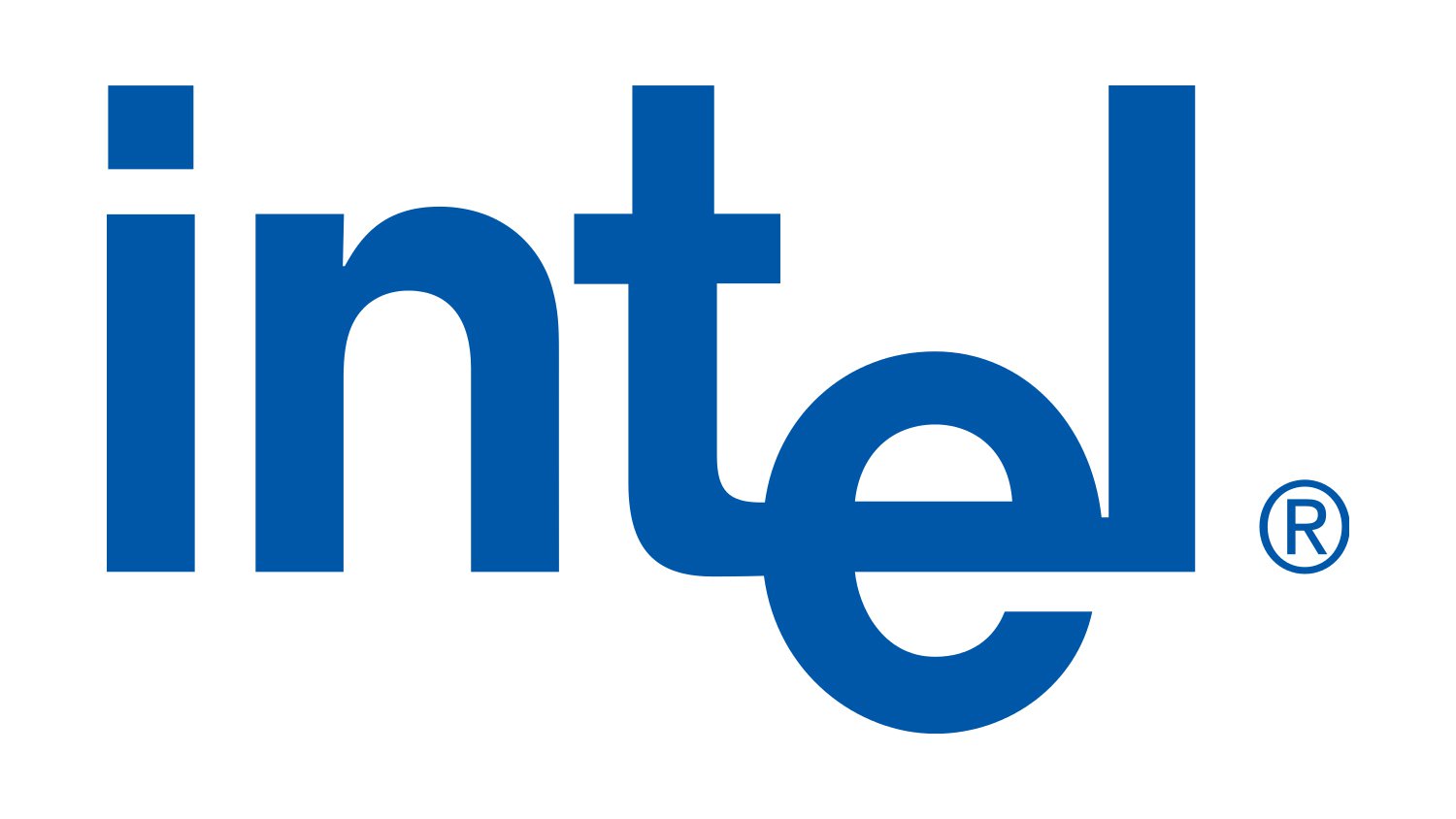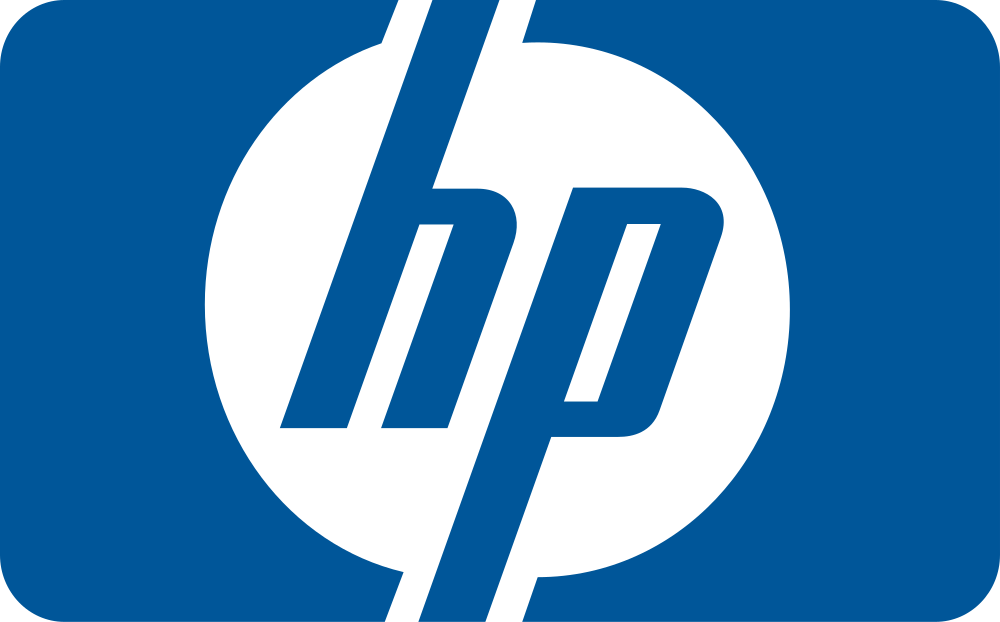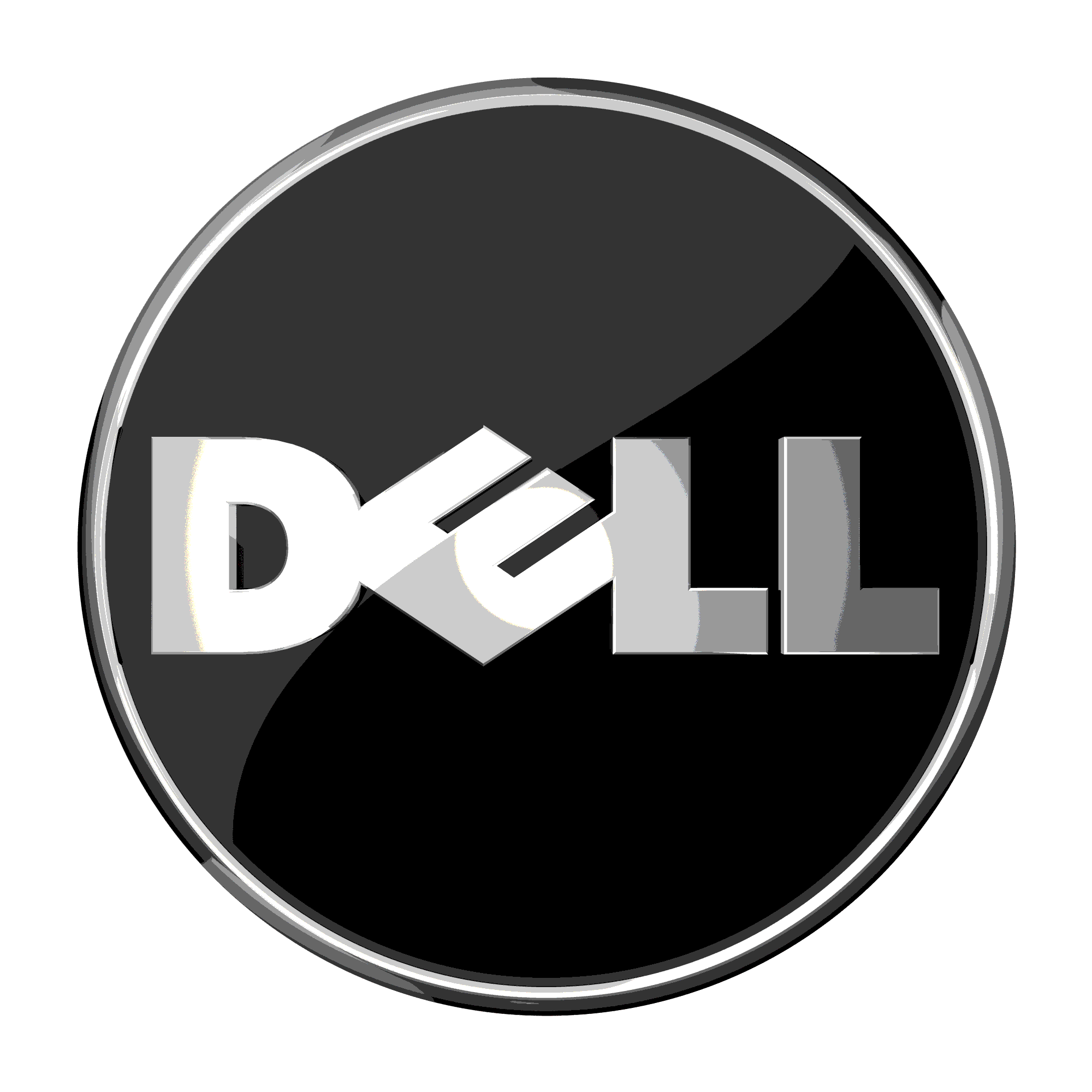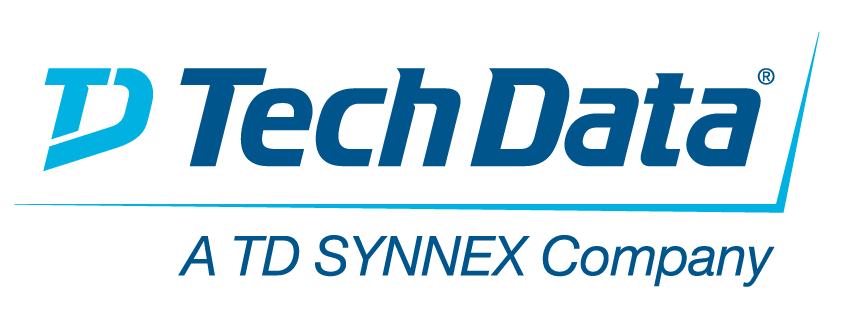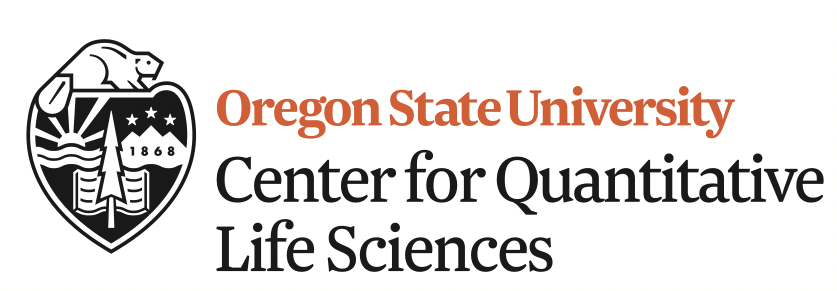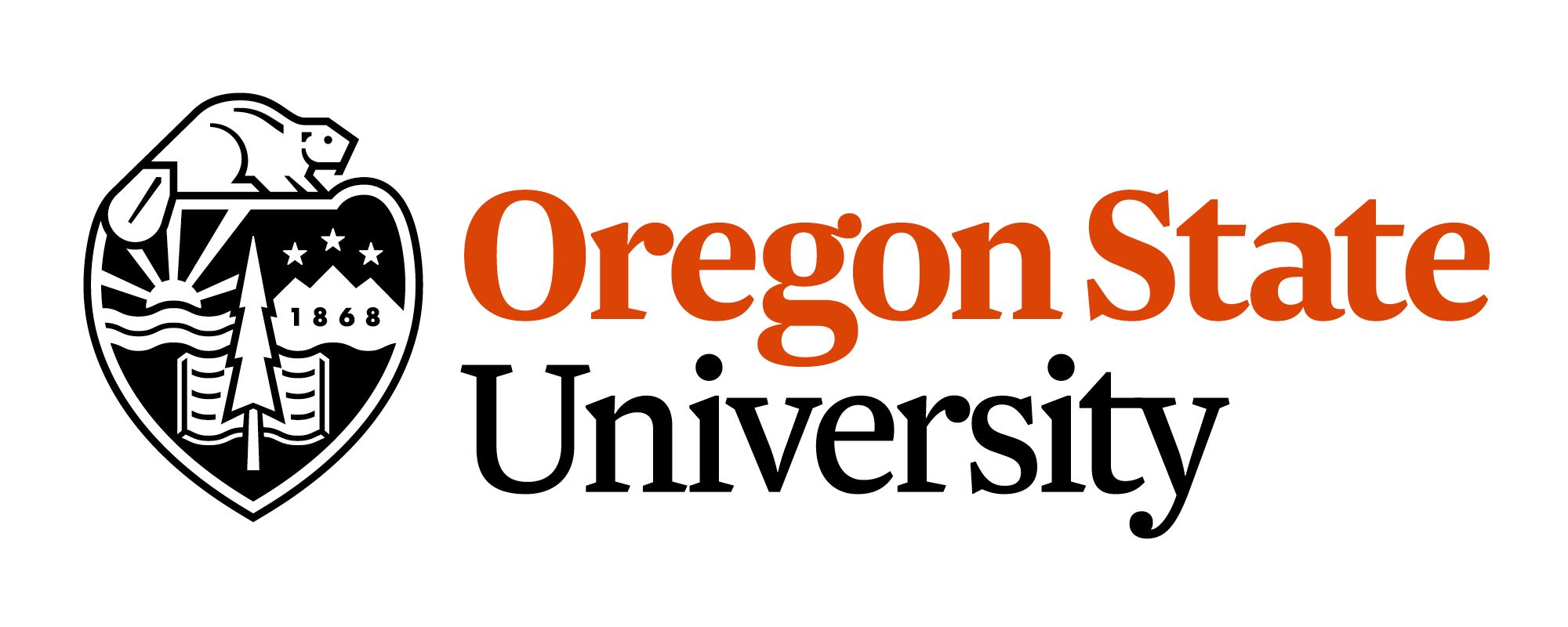The Center for Quantitative Life Sciences (CQLS) maintains an extensive and well-managed computational research infrastructure consisting of a distributed service architecture, a greater than 6000-processor computer cluster and a secure private 1G/10G/40G/100G network (see figure 1). Each machine has internal hard drive disk space for operating system and scratch, but is also connected to 8.5PB of NFS shared disk space. The CQLS encourages high-volume users to contribute to the computational infrastructure. Users are charged $75, $138, and $201 per/month for maintaining each processing machine, web/database server, and file server, respectively. The nodes are provided at the highest priority to the specific project and provided upon request at a lower priority to other CQLS researchers. Thus, subsets of cluster nodes are dedicated to specific research projects, but they function as part of a unified cluster when needed for intensive jobs for research projects that could not otherwise be done. This priority-based scheduling has proven quite successful, both in terms of end-user satisfaction and in the execution of systems administration activities. Computational requirements are constantly re-evaluated and new hardware is integrated as needed.

CQLS HPC and Biocomputing Resources
>6000
Number of Processors
8.5 PB
Shared Disk Space
120,000 KVA
Uninterruptable Power Supply
20,000
Average Number of Processing Jobs per Day
45T
Total Memory Across HPC Cluster
1/10/40/100G
Public and Private Network (WAN and LAN)
Hardware Provided By
